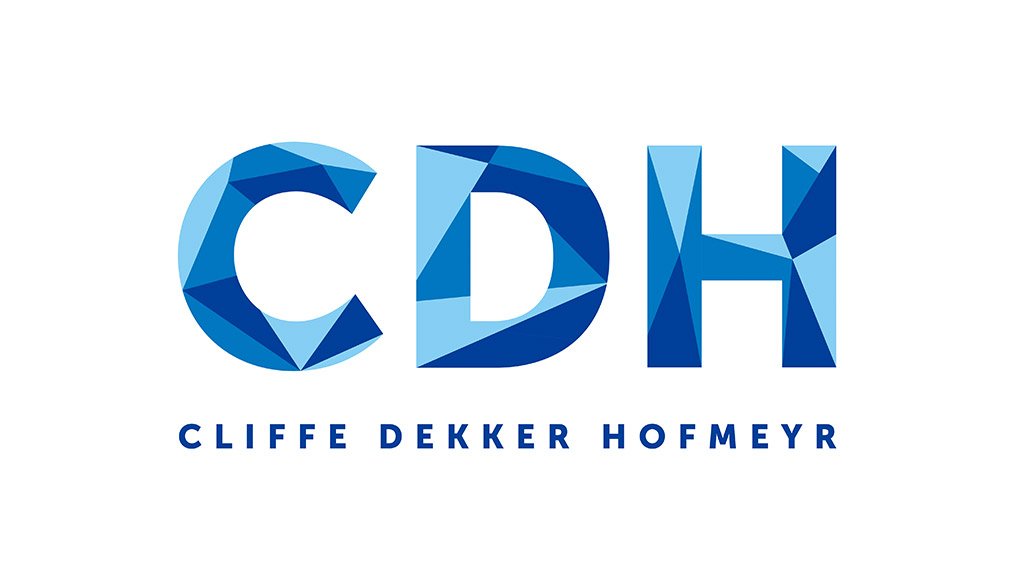In 2016, the BEE regulatory landscape has seen a number of changes introduced. These include the final regulations that were issued under the Broad-Based Black Economic Empowerment Act, No 53 of 2003 (BBBEE Act), the release of the Black Industrialists Policy and the publication of draft regulations to the Preferential Procurement Policy Framework Act, No 5 of 2000 (PPPFA). In light of these developments, it is fitting to discuss Binding Private Ruling 241 (Ruling) dealing with an award received for a BEE training initiative, which was issued by the South African Revenue Service (SARS) on 13 June 2016 and with a number of aspects in the Income Tax Act, No 58 of 1962 (Act).
Facts of the proposed transaction
Company A, a South African resident listed company, implemented a BEE initiative and for this purpose SPVCo was incorporated and it acquired 10% of Company A’s issued ordinary shares at market value. The Applicant is a South African resident private company that was incorporated by BeeCo, a South African resident private company and Company B, a South African resident public company, for the purpose of recruiting, appointing and training individuals to become economically independent (training initiative). Trust A, a South African resident trust of which the Applicant is a beneficiary, holds 49% of the ordinary shares in SPVCo. SPVCo funded its acquisition of Company A shares with third-party funding and will settle this debt by using dividends received from the Company A shares and the proceeds from the disposal of some or all of these shares.
Once this debt has been settled, SPVCo must distribute the remaining shares as a dividend in specie to its shareholders. In terms of Trust A’s trust deed, a number of units were created which would give the holders (most likely the beneficiaries of the trust) thereof the right to participate in the trust fund, which trust fund vests in these holders when SPVCo distributes the remaining shares to Trust A. The trustees of Trust A must make an in specie distribution of the trust fund. The Applicant’s memorandum of incorporation and shareholders agreement limit its activities to that of conducting a training initiative, and provide that the benefits received from Trust A are used only for this purpose. The Applicant will dispose of a sufficient number of shares annually to fund its operations and until it is in a position to do so, its shareholders or a company within the group will provide bridging finance. It will not operate to generate a profit or earn any income for its shareholders and will use all amounts generated through its operations for the training initiative. The Applicant received an award of units from Trust A which was made unconditional, free of charge and subject to the terms and conditions of the trust fund and entitles the Applicant to participate in the trust fund.
Ruling
SARS ruled on a number of aspects of this transaction, including the capital gains tax consequences arising from the in specie distributions made by SPVCo to Trust A and by Trust A to the Applicant, which are regulated by paragraphs 11, 13, 20, 38, 75 and 80 of the Eighth Schedule to the Act. With regard to the award of Trust A’s units to the Applicant and expenditure incurred by it, SARS ruled as follows:
The award of Trust A’s units gives rise to an amount that must be included in the gross income of the Applicant.
The Applicant will qualify for an allowance in respect of future expenditure under s24C against the amount referred to in the previous bullet to be included in gross income. The amount of the allowance in each year of assessment remains subject to the discretion of SARS.
The cancellation of the units following the distribution of the shares and any surplus cash will not give rise to any capital gains tax in the Applicant.
Comment
One should always be cautious when interpreting a SARS ruling, as SARS does not provide all the facts at its disposal when issuing rulings. However, it is interesting to note that SARS ruled that the award of Trust A’s units gives rise to the inclusion of an amount as gross income in the Applicant’s hands. No mention was made of the losses that might be triggered pursuant to the cancellation of the units following the distribution of the shares and any surplus cash.
Written by Dries Hoek and Louis Botha, Cliffe Dekker Hofmeyr
EMAIL THIS ARTICLE SAVE THIS ARTICLE
To subscribe email subscriptions@creamermedia.co.za or click here
To advertise email advertising@creamermedia.co.za or click here











